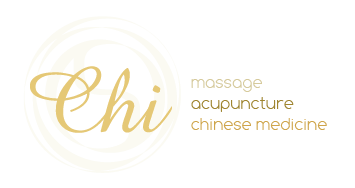Depression is a common and impairing disorder characterized by depressed mood, loss of interest or pleasure in daily activities, changes to sleep patterns, feelings of worthlessness, impaired concentration and suicidal thoughts. The 2007 Australian National Survey of Mental Health and Wellbeing found that the 12 month prevalence of any mental disorder was 20.2%. Anxiety disorders were most commonly reported (14.4%), followed by affective disorders at 6.2%.
Antidepressants are often the mainstay of treatment for depression, and are effective in relieving symptoms but many people experience an unsatisfactory response, usually intolerable side effects and poor response in symptom relief.
As a natural therapy, Chinese medicine has been widely used to relieve stress . Stress has been divided into several types in Chinese medicine . The most two common types in the clinic are:
1. Stagnation of Qi (energy) in the liver: the function of liver in Chinese medicine is different from that defined in the western medicine. It has more to do with autonomous nerve system. So the patient usually presents with irritability, anxiety, bloating, and disturbed sleep.
2. Lack of energy: this type is easily identified. They always complain lack of energy; unmotivated; easily get into sleep but don’t feel refreshed in the morning, “still tired”; and poor appetite.
In 2010, I worked with Associate Professor Zaza Lyons from School of psychiatric and Neuroscience, University of Western Australia, on an Australian pilot study regarding depression treatment. The aim of the study was to determine the effectiveness of acupuncture and Chinese medical herbs as a treatment for depression, and to assess participants’ attitudes, believes to Chinese medicine and their treatment experiences. 19 participants received acupuncture or acupuncture and herbs combined group for 5 weeks. The study showed that the treatment significantly reduced depression symptoms in both groups. 80% of participants described acupuncture treatment as a pleasant experience. The study was published in Complementary Therapies in Clinic Practice (2012). though the result is encouranging, the interpretation needs to be limited due to small size of pariticipants. There are more studies needed in this area.

